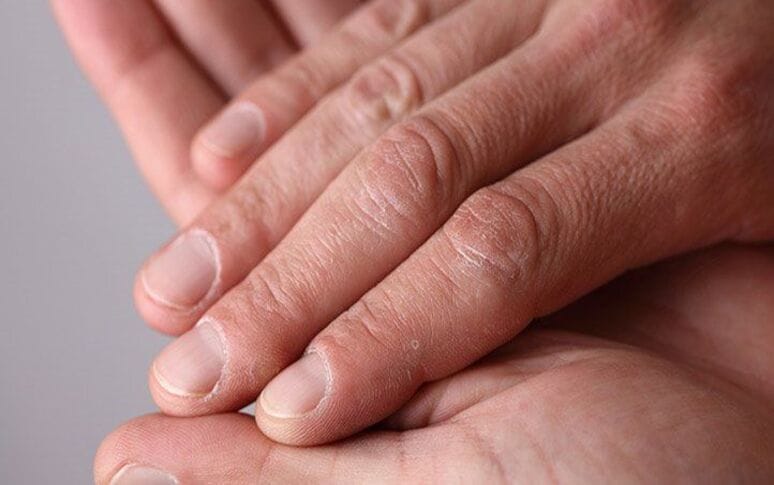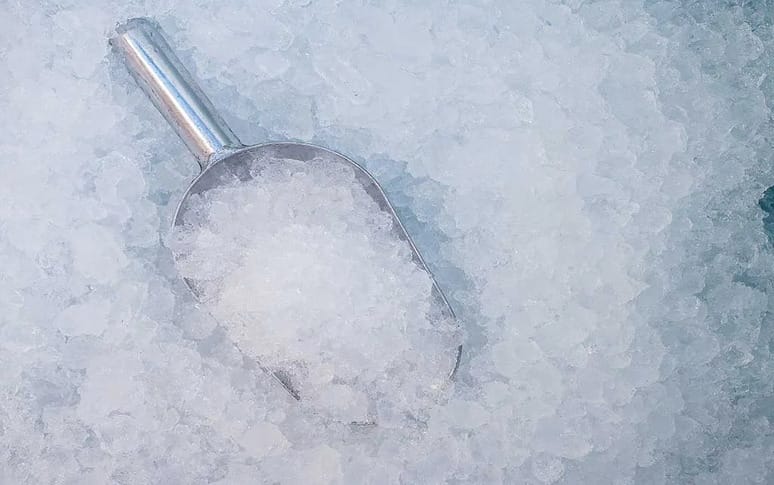1. You Feel Tired
Constant tiredness and fatigue is often a symptom of iron deficiency. Lack of iron prevents your body from synthesizing enough hemoglobin to carry sufficient oxygen around your body.
When your body is low in hemoglobin, the tissues and muscles don’t receive enough oxygen, making your heart work harder, which in turn makes you feel tired.

2. You Have Spoon Nails
Having spoon-shaped nails, also known as koilonychia, is another common sign of iron deficiency.
Starting as brittle nails that crack easily and developing as spoon fingernails, this rare side effect of iron deficiency anemia can be reversed by increasing iron levels.
As koilonychia can also point to other medical conditions like diabetes, heart disease, and lupus, it’s important to seek professional help for an accurate diagnosis.

3. You Are Frequently Cold
Iron deficiency anemia not only makes you look pale, but you may also feel cold all the time.
This is because being low in iron means that your body doesn’t have enough red blood cells to provide the tissues with oxygen. And poor blood circulation causes certain parts of your body to become numb and cold.

4. You Have Poor Academic Performance
As iron deficiency reduces your effectiveness and can also affect your cognition score, it often leads to poor academic performance.
Evidence from a large national survey found that anemia has both direct and indirect effects on academic performance.
If you’ve noticed that you have trouble staying concentrated or paying attention to classes, make sure to check the level of iron in your blood.

5. You Experience Poor Sleep
Low iron levels are often linked to a variety of sleep issues and disorders. A scoping review suggests that iron deficiency can potentially cause restless leg syndrome, periodic limb movements in sleep, sleep-disordered breathing, and general sleep disturbances.
Some experts claim that iron deficiency anemia leads to certain sleep problems that are related to the neurotransmitters that require iron to be synthesized. These include serotonin and dopamine.

6. You Experience Anxiety
Being fatigued and tired often combines with other mental health problems, such as anxiety, in people with iron deficiency.
Besides, iron plays a crucial role in neurotransmitter synthesis, which could potentially inhibit the process.
Research conducted in China found that children who were given a well-balanced diet and multivitamins reported increased levels of iron and decreased anxiety.

7. You Crave Ice
Iron-deficient people often crave ice. The rationale behind this is that chewing on ice increases mental sharpness and allows people to feel more alert.
However, there is no scientific evidence as to why craving and chewing ice (pagophagia) is associated with iron deficiency.
In rare cases, nutritional problems and emotional issues may cause you to crave and chew ice.

Was this page helpful? Give us a thumbs up!












